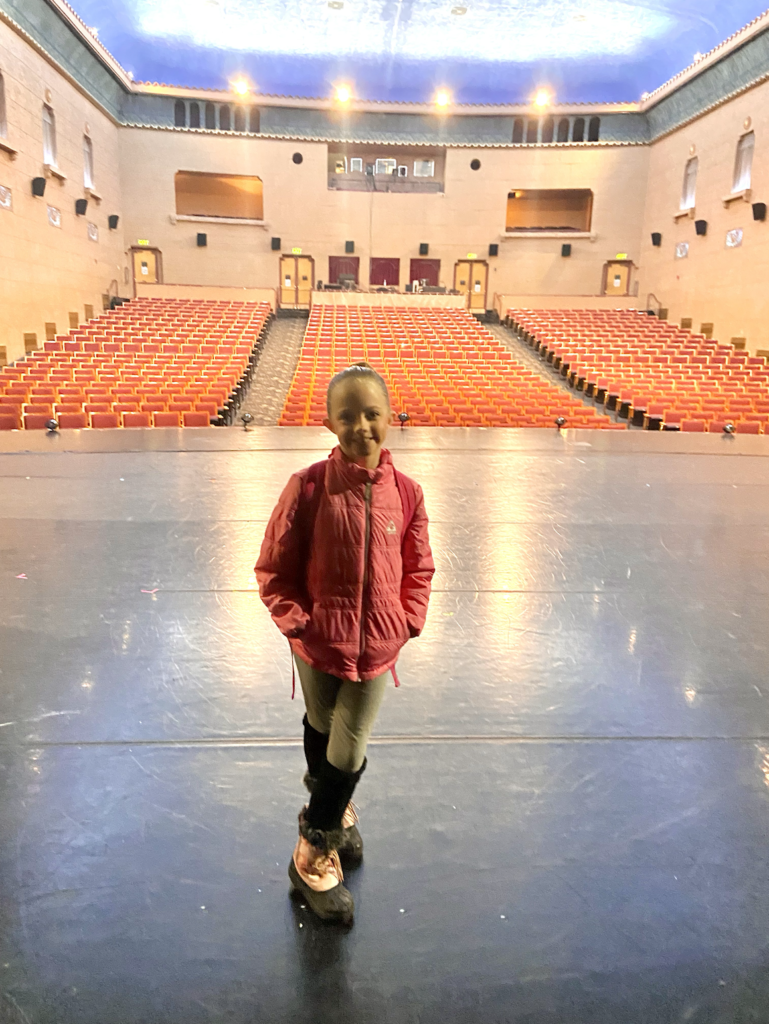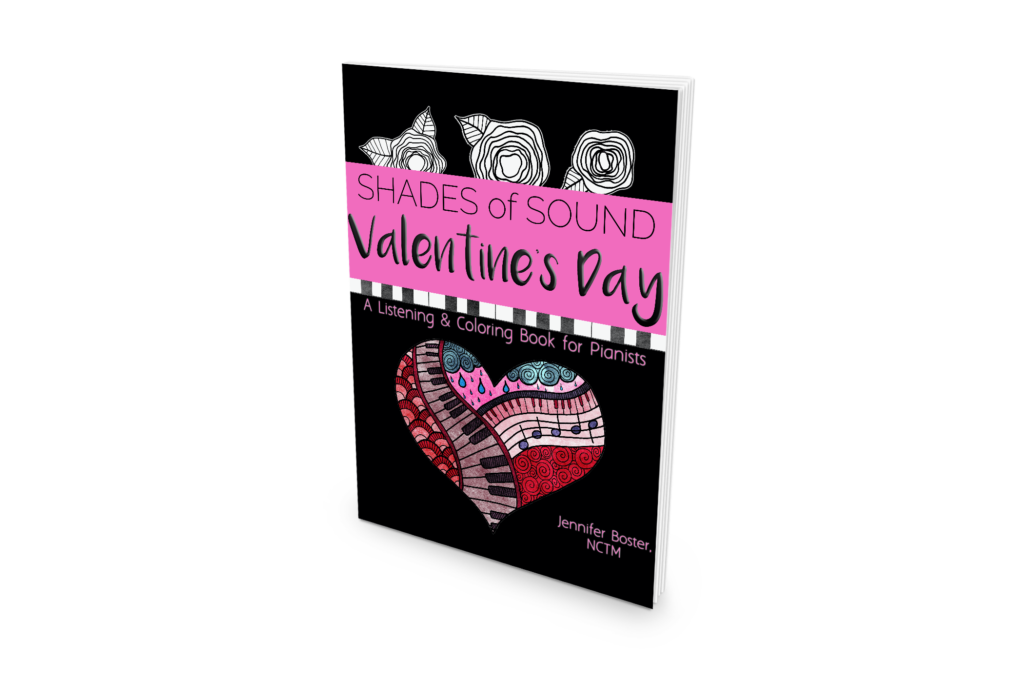Pedagogy Books: How to Teach Piano Successfully
Book: How to Teach Piano Successfully by James W. Bastien, Neil A. Kjos Music Company
I really like this book. Although possibly a bit out of date (first published in 1973, and the Third Edition published in 1995), particularly when discussing things like technology and piano methods (mainly because there are newer methods out there now that are not listed in this book), it really has a wonderful variety of topics and is a great overall piano pedagogy text.
Some sections I really like:
A Guide to Piano Fingering
Written by pianist Robert Roux, this twenty-page section on fingering talks about topographical fingering (using the most natural position possible), special uses of the fingers, physical versus mental convenience, and the relationship of fingering to musical content. Roux states that “the student should learn and apply general principles of piano fingering, and not blindly follow published fingerings.”
Editions of Keyboard Music
This is a great section written by Maurice Hinson. It is an awesome reference because he goes through each musical period and each major composer and lists the best music editions of each one.
Basic Theory Outline
This is a brief overview of basic music theory, found in the appendix – a great review for any piano teacher!
Music Reference Books
Also found in the appendix, this is a HUGE list of books about piano pedagogy and other music-related topics.
Ideal Precollege Training – Repertoire List
One of my favorite sections of this book includes an ideal repertoire list that a student should be familiar with after studying for about ten years and before entering a college music department. I’d like to share that list because I think it can be so helpful to us as teachers in choosing repertoire for our students. This list includes representative works from each musical period. I should also note that my pedagogy teacher in college emphasized that this list is only a minimum of what students should know at that point.
Baroque Period
Bach: Two- or Three-Part Inventions, preludes and fugues from the Well-Tempered Clavier, French Suites
Scarlatti: any of the Sonatas
Handel: Aylesford Pieces, any of the Suites or Sonatas
Classical Period
Haydn: easier Sonatas
Mozart: Sonatas, Variations, or easier Concertos
Beethoven: easier Sonatas, Variations, or Concertos
Romantic Period
Representative works by Schubert, Schumann, Chopin, Liszt, Mendelssohn, Brahms, etc.
Contemporary Period
Bartok: Rumanian Folk Dances, Three Rondos, later books of the Mikrokosmos
Barber: Excursions
Bloch: Poems of the Sea
Copland: The Cat and the Mouse
Debussy: Children’s Corner Suite, easier Preludes, or either of the Arabesques
Dello Joio: Suite for Piano
Hindemith: Sonata No. 2
Kabalevsky: Twenty-four Preludes
Muczynski: Six Preludes, Op. 6
Poulenc: Mouvements perpetuels
Tcherepnin: Bagatelles, Op. 5
There are so many more great sections in this book – check it out! I have learned a lot from it.


 Previous Post
Previous Post


















I found this book very helpful as well. I like the charts that show an approximate sequence of concepts to teach to 1st and 2nd year students
That is indeed a great list of repertoire! And this concept is going to keep my mind busy for a while: physical versus mental convenience in fingering. Much food for thought.
I've been re-reading this book, and I'm struck by the list of what 1st year students should be able to do. I don't use the Bastien books, but are there really average beginners that can do all that stuff after 9 months of lessons?